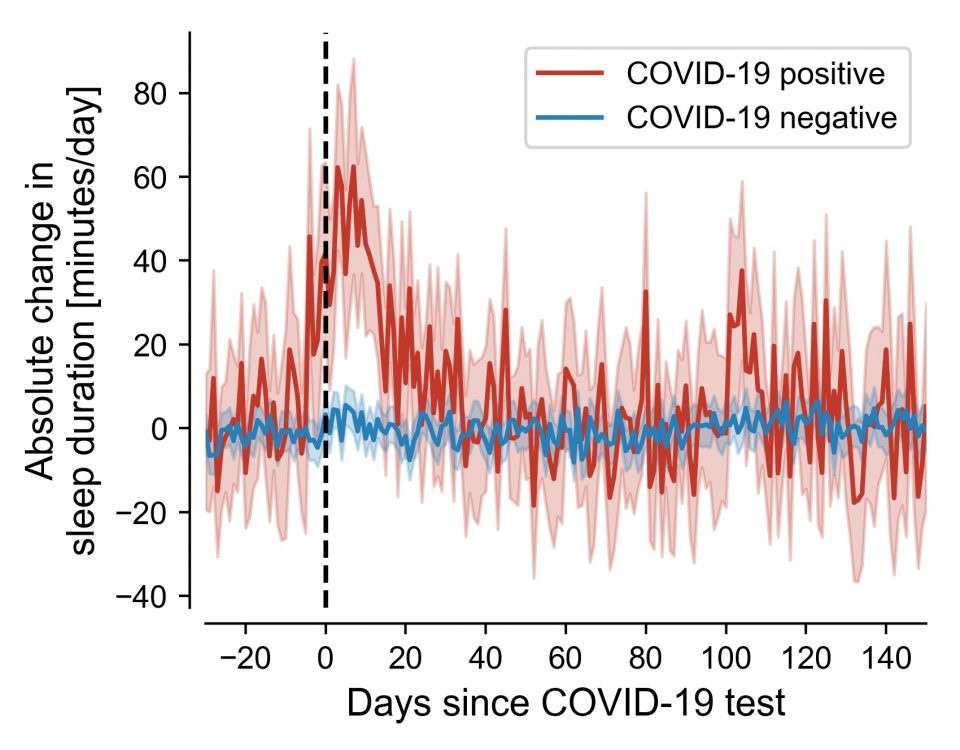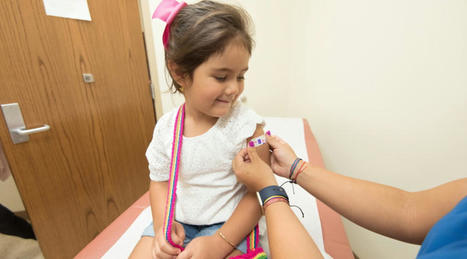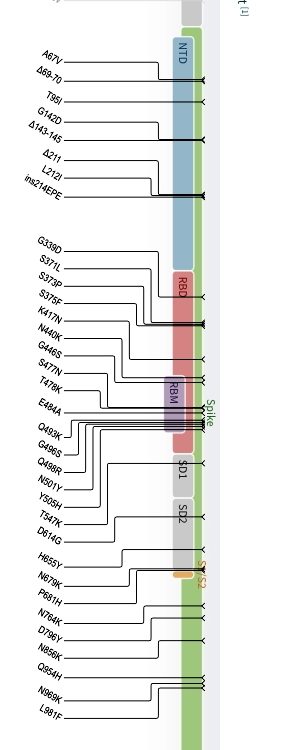Pharmageek
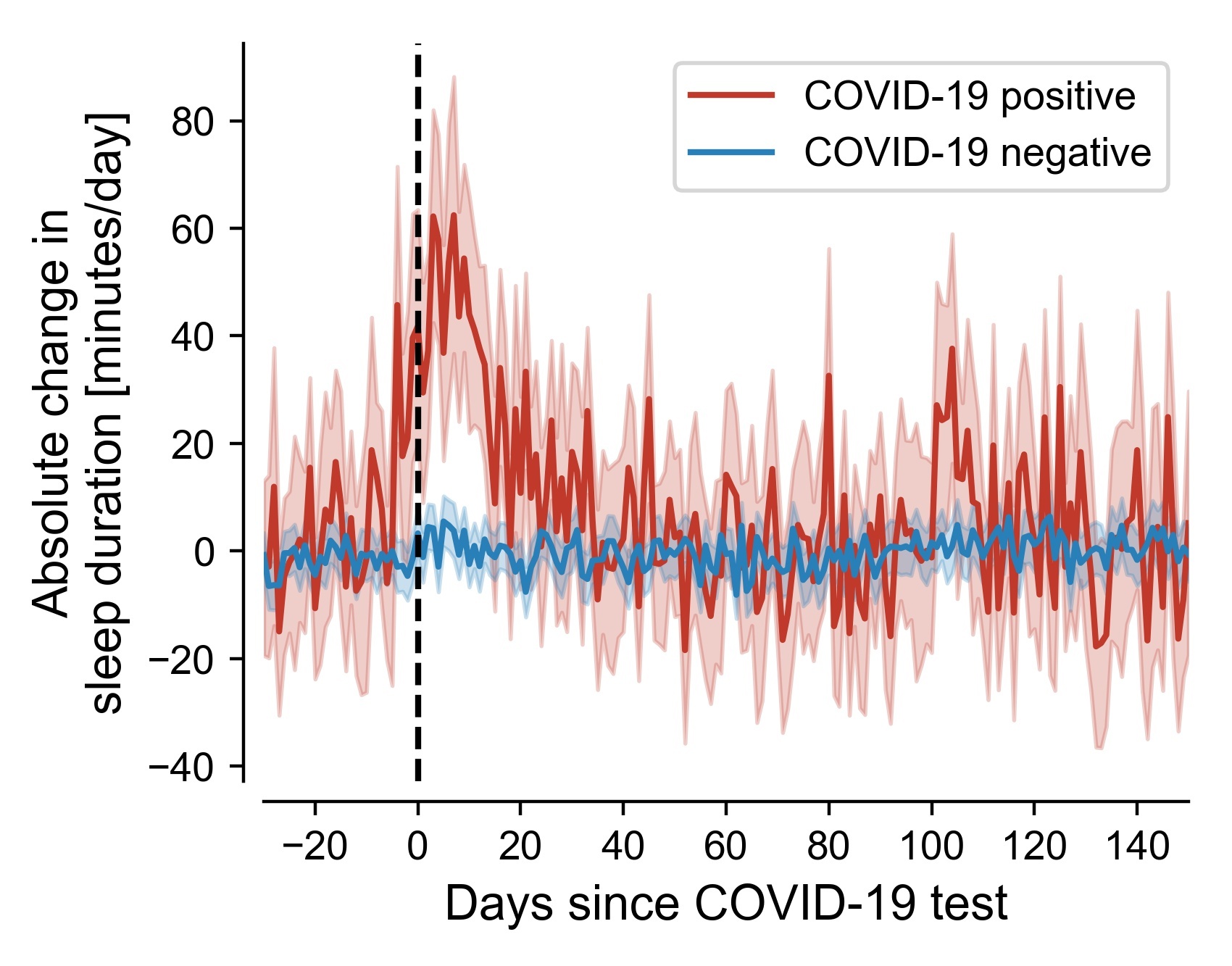
Datenspende 2.0 is finally here. Since mid-October you can answer short questionnaires in the app to help us to substantially improve our understanding of the donated vital data in relation to COVID-19. More than 12,000 people have already taken part and entrusted us with this information. For this we would like to express a heartfelt thank you right away.
For instance, in the ‘Tests, Symptoms & Life Situation’ questionnaire, we ask donors about the approximate time and result of their first PCR test.
Lire l'article complet sur : corona-datenspende.de
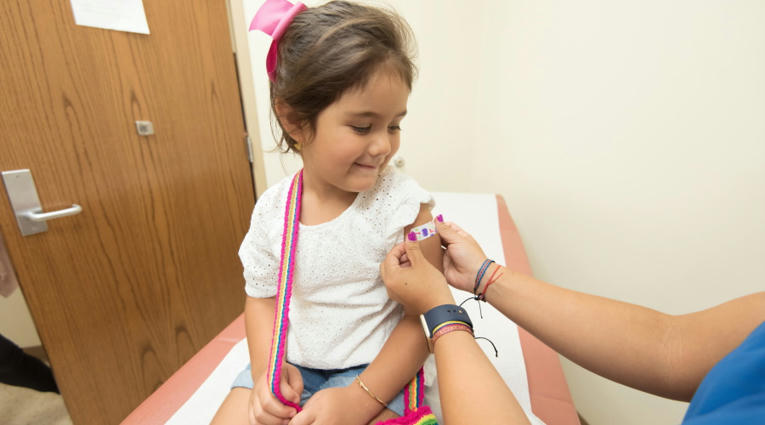
The European Medicines Agency (EMA) has approved Pfizer and BioNTech’s COVID-19 vaccine Comirnaty for children between the ages of five and 11, as EU countries struggle to cope with rising infection rates.
The EU regulator said that the under-12s should get a lower dose of the vaccine – 10 mcg rather than 30 mcg – given as two intramuscular injections three weeks part. The US approved Comirnaty for this age group last month.
So far the UK’s Medicines and Healthcare products Regulatory Agency (MHRA) hasn’t delivered its verdict on the use of Comirnaty in younger children.
However, it has been reported that the UK government is already planning to extend its vaccination programme to the five to 11 age group next year – subject to approval from the Joint Committee on Vaccines and Immunisation (JCVI).
Lire l'article complet sur : pharmaphorum.com

The WHO officially named a new version of the SARS-CoV-2 virus a variant of concern, and attached the Greek letter 'omicron' to the designation. The Omicron variant is notable for the sheer number of mutations in the spike protein of the virus and several other regions. While Omicron appears to have started spreading in Africa, it has already appeared in European countries like Belgium and the UK, which are working to limit its spread through surveillance and contact tracing. As of now, the data on Omicron is very limited; we don't currently know how readily it spreads compared to other variants, nor do we understand the degree of protection against Omicron offered by vaccines or past infections.
Many changes
While the Delta variant's version of spike has nine changes compared to the virus that started the pandemic, Omicron has 30 differences. While many of these haven't been identified previously, a number of these have been seen in other strains, where they have a variety of effects. These include increasing infectiveness of the virus, as a number of the changes increase the affinity between the spike protein and the protein on human cells that it targets when starting a new infection. Others changes in the spike occur in areas of the protein that are frequently targeted by antibodies that neutralize the virus. Changes here can mean that an immune response generated to vaccines or earlier versions of the virus are less able to target Omicron.
While many of these mutations are suggestive, understanding how they and the previously undescribed mutations in Omicron alter its behavior will depend on getting real-world data on its spread. Right now, however, we just don't have much of that. We are lucky in the sense that it's relatively easy to detect Omicron. According to the WHO, some of the large collection of mutations in the gene that encodes the spike protein interfere with the gene's recognition by common versions of PCR tests. Those tests continue to recognize the presence of the virus by also targeting other areas of the genome. So a PCR test that comes back spike-negative but virus-positive is suggestive of the presence of Omicron, which can then be confirmed by genome sequencing. These tests have shown that Omicron is spreading rapidly within a number of countries in southern Africa, although the total cases in Botswana and South Africa remain relatively low at the moment, so the significance of this spread is unclear. Vaccination rates in these countries also remain low, making it difficult to determine how much of a risk Omicron poses to those who have been immunized.
The cases identified outside of southern Africa so far have all been in travelers who spent time in this region. Public health authorities in those countries are currently engaged in contact tracing to try to limit the variant's spread outside of those already infected. and a number of countries (including the US) have already limited travel from countries in the region.
Testing and contact tracing are part of the now-familiar suite of public health measures that can limit the impact of Omicron while we're learning more about it. A statement from the CDC provides a reminder of the rest: social distance, mask when indoors, and get a vaccine if you are eligible. While we remain uncertain how much protection vaccines provide against Omicron, it's quite certain that their effectiveness against it is considerably greater than zero.
Lire l'article complet sur : arstechnica.com

Une enquête « cas témoins » de l’Institut Pasteur, menée entre le 23 mai et le 13 août, recense les principaux lieux et circonstances de contamination par le variant Delta.
Lire l'article complet sur : www.lemonde.fr


